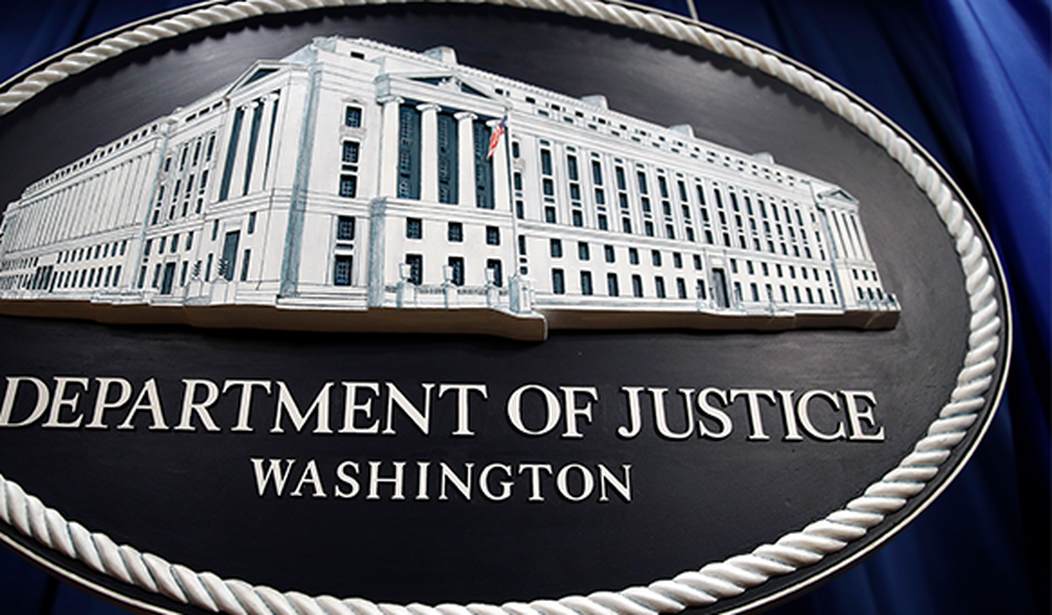In a rare display of bipartisan unity, the United States Senate voted 68-29 to confirm President Biden’s pick to lead the Department of Justice’s (DOJ) Antitrust Division, Johnathan Kanter. The confirmation of Kanter to lead the powerful Antitrust division means that, along with Lina Khan at the Federal Trade Commission and Timothy Wu serving on the National Economic Council, critics of big tech now control key antitrust enforcement positions.
While Kanter’s confirmation was widely expected by those who closely follow Washington’s war on big tech, his ascension to lead the DOJ’s antitrust division provides further evidence that lawmakers seek to continue their assault on big tech and make ‘big is bad’ the cornerstone of antitrust enforcement and law.
For American consumers, Kanter’s successful confirmation should elicit concern that federal enforcers will clamp down on big tech and deny them the significant benefits these companies provide.
Kanter’s nomination to lead the DOJ’s Antitrust Division was supported by every member of the Senate Democratic caucus, except New Hampshire’s Maggie Hassan and Jeanne Shaheen, who did not vote. All 29 no votes came from Republican senators who have traditionally opposed Biden’s nominees.
Democrats, especially those who have been at the forefront of Washington’s efforts to clamp down on big tech, have praised the confirmation. Senator Amy Klobuchar (D-MN), chair of the Senate Subcommittee on Competition Policy, Antitrust, and Consumer Rights, stating “Kanter has been a leader in the effort to increase antitrust enforcement against monopolies by federal, state, and international competition authorities. His deep legal experience makes him the right person to lead the Department of Justice’s Antitrust Division.” Senator Dick Durbin (D-IL) said, “with his extensive experience, deep knowledge of the law, and masterful understanding of the challenges facing antitrust law enforcers, Mr. Kanter will be an outstanding addition to the Justice Department.”
Recommended
Much like Lina Khan and Timothy Wu, Kanter is a known skeptic of the consumer welfare standard, an approach to antitrust enforcement that prioritizes consumer welfare over a presumption that big companies are harmful to consumers. At the 2017 Federalist Society’s National Lawyers Convention, Kanter suggested that antitrust enforcers should not “decide what is maximally efficient,” but “enforce the law.” In a written response to Senator Chuck Grassley(R-IA), Kanter stated he held this view because enforcement of the consumer welfare standard has been “inconsistent, vague, and insufficient to keep pace with market realities.” Kanter continued, claiming that antitrust enforcers should focus on “protecting competition and the competitive process,” not consumer welfare.
Before 1974, US antitrust law was governed by the Sherman Act (1890) and the Clayton Act (1917). The Sherman Act outlawed “monopolization, attempted monopolization, or conspiracy or combination to monopolize.” Most significantly, the Act also gave the federal government the power to break up large monopolies. The Clayton Act expanded the Sherman Act, creating the Federal Trade Commission and prohibiting anti-competitive acquisitions. Unifying both was a presumption that big companies are anti-competitive and intrinsically antithetical to consumer welfare.
The 1970s saw a significant change in antitrust enforcement with the creation of the consumer welfare standard. In 1974, the Supreme Court ruled, “Statistics concerning market share and concentration…are not conclusive indicators of anticompetitive effects.” In essence, the Supreme Court told antitrust enforcers that they should consider if the proposed merger harms or benefits consumers, not just whether proposed mergers would create a monopoly.
Kanter has also been a vocal critic of Google, a company currently being sued by the Antitrust Division and reportedly facing a second lawsuit over its dominance in digital advertising. While working in private practice, Kanter advised companies who urged the “Justice Department to sue Google last year.”
For American consumers, a departure from the consumer welfare standard and targeting big companies simply because they are big would be profoundly damaging. Not only would consumers lose access to free services like Facebook’s social media platform or Google’s search engine, which can only be offered for free because of the size of both companies, but they would be left with inferior products. Similar to Google and Facebook, Apple has only been able to offer iPhones to consumers because of its size and ability to generate substantial revenues.
The confirmation of Jonathan Kanter to lead the DOJ’s antitrust division completes a progressive takeover of antitrust enforcement. Kanter’s past views and activities in the realm of antitrust provide further evidence that Washington will continue its assault on big tech and enshrine big is bad into law.
Unfortunately, moving away from the consumer welfare standard means consumers will lose out.
Edward Longe is a Policy Manager at the American Consumer Institute, a nonprofit educational and research organization. For more information about the Institute, visit www.TheAmericanConsumer.org or follow us on Twitter @ConsumerPal

























Join the conversation as a VIP Member